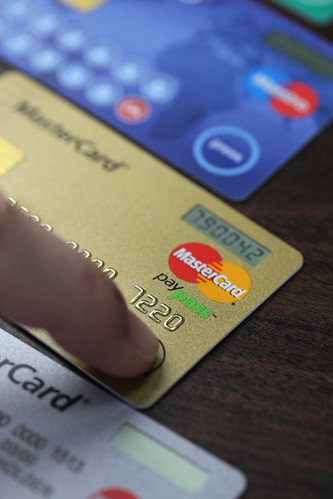Thursday: Hotter than Hell
Have a little indie synthpop if your day isn’t hot enough. The artist Dua Lipa lives in London; she originally moved to the United Kingdom in the 1990s with her parents who are Kosovar-Albanian. Imagine a UK to which artists like Lipa cannot easily immigrate.
Money, money, money
- HSBC’s global head of Forex trading in London arrested at JFK on Tuesday (Bloomberg) — Mark Johnson was picked up before his flight by the feds; his counterpart, Stuart Scott, HSBC’s former head of currency trading in Europe, has also been charged with Johnson for conspiracy to manipulate currency based on insider information. The transaction on which the case is based took place in 2011, earning HSBC $8 million on a $3.1 billion deal. Gee, I wonder if these guys worked the pre- and post-Brexit fall of the pound.
- Mastercard snaps up UK’s VocaLink for $920M (Businesswire) — Should probably keep a tally of UK businesses bought while pound is still down from pre-referendum highs. VocaLink gives Mastercard huge reach in payroll and household bill processing across UK and access to a substantive majority of UK consumer data.
- Subzero bond yields: who’d have predicted this? (Bloomberg) — Analysis of overall trends this year, including flights to safety and their effect on the market. Still trying to wrap my head around subzero bond yields; does this make sense to pay for safekeeping without expectation of increase in value at the end? What might this do to consumption and growth?
Daily dose of cyber
- Forbidden Research: fixing “leaky” cellphones (MIT Media Lab) — Electrical engineer/hacker Andrew “bunnie” Huang and NSA whistleblower Edward Snowden published a paper presented at today’s MIT’s Forbidden Research event, outlining their work countering surveillance abuse by law enforcement. Journalists in particular are targets for surveillance; their cellphones “leak” all kinds of information about them and their location which airplane mode does not shield. Huang and Snowden propose a method for monitoring radio transmissions by a cellphone, including GPS, and a means for killing the transmissions. Abstract here, and the paper itself here. Very straightforward reads even for the non- to low-tech audience.
- Dead man’s prints brought back from the dead (Fusion) — Law enforcement approached a Michigan State University professor Anil Jain and his PhD student Sunpreet Arora and asked them to recreate a dead man’s fingerprints in order to unlock his phone. There are few details disclosed about the case — not even which law enforcement agency made the ask — but the phone belonged to a murder victim and may contain information about his murderer. Or so the story says.
- UK’s largest internet provider suffers two days of massive outages (TechRadar) — Outages have been blamed on power failures, but no additional information offered on reasons for power loss. Coincidentally, a C1 solar flare which began on July 17 caused radio disruption and aurora over the last 15-24 hours — might have made the situation worse.
- France’s National Data Protection Commission says Microsoft Windows 10 operating system gathers too much personal data (Libération + BetaNews) — Surprised La Commission nationale de l’informatique et des libertés (CNIL) haven’t cuffed up Microsoft sooner given every version of Windows “phoned home” within information about its users and devices when patching and updating. Why is it Windows 10 in particular doesn’t comply with their Data Protection Act — is it the sniffing of users’ navigation data? Microsoft responded to CNIL’s complaint, not denying the claim but only saying it will work with CNIL on a solution. Right, then.
Tonight’s dinner and a movie: Jujubes and Ghostbusters. Yum. Stay cool, look after elderly neighbors and pets who need a reprieve from the heat.

